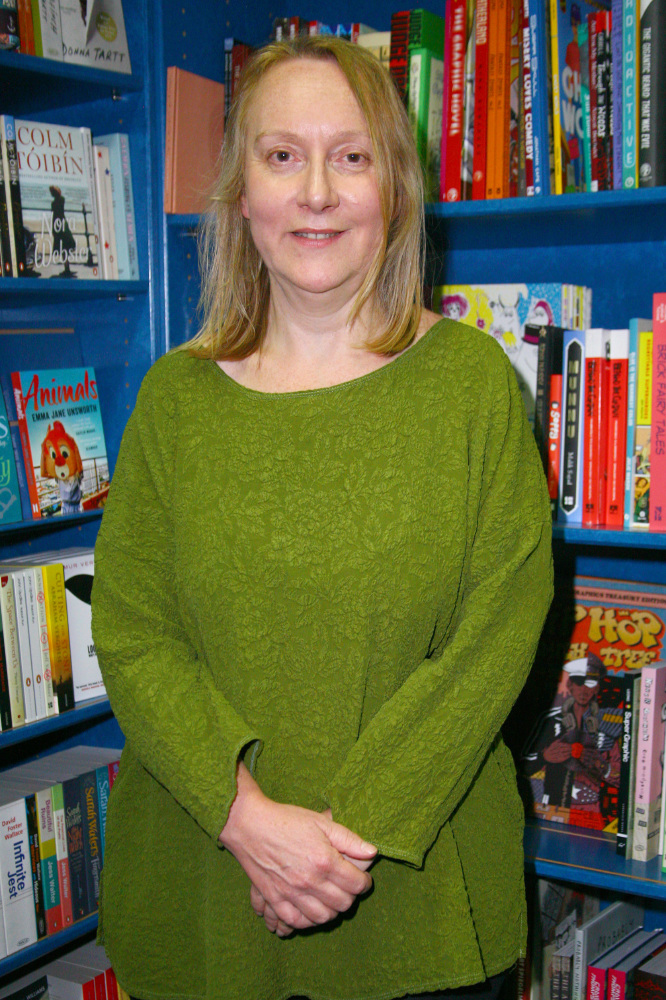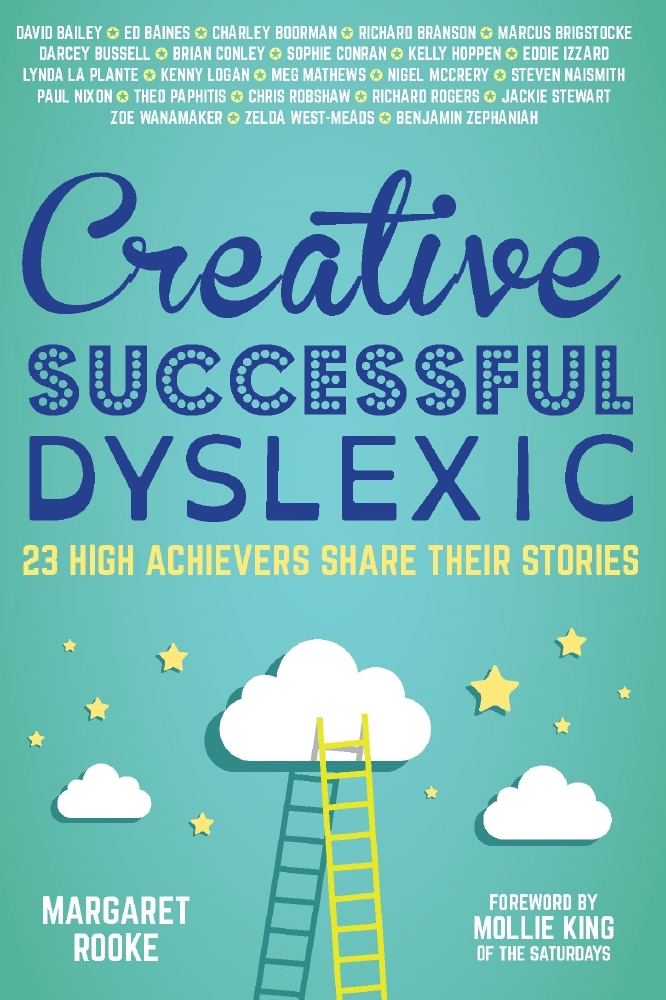My teenage daughter has dyslexia and, to encourage her and her friends who were struggling, I interviewed more than 20 successful people with dyslexia about how they achieved everything they have. This is what I found out:

Margaret Rooke
*World famous photographer David Bailey says instead of school ("I was in the silly class"), he did his learning at the local cinema where he went to keep warm because his family couldn't afford to feed the gas meter. "Hollywood was my education," he says.
*Strictly favourite and great British ballerina Darcey Bussell would hide in a cupboard at school to avoid lessons. "I can still remember the teacher knocking on the door pleading, 'Come on, Darcey. Come down to class." But she adds, "Dyslexia has been a little bit of a blessing. It helped me find my strength and directed me towards what I really wanted to do."
*Writer of TV favourites 'Silent Witness' and 'New Tricks' Nigel McCrery struggles to read even what he has written himself. He educated himself by listening to plays and stories on the radio while he was working as a chauffeur and lorry driver.
*Interior designer Kelly Hoppen says when she was a girl, she spent her time at home shifting furniture. "My parents would go out, come back and I would have moved a wardrobe!" She knew that was what she was good at and taught herself.
*Singer-songwriter Mollie King says when recording a song with The Saturdays for the first time "the other girls just 'go for it' and get going with the words. I have to study the lyrics quietly by myself for some time first. If I'm on TV, before I read a line from an autocue I have to memorise it first to make sure I don't make any mistakes."
*Dragon's Den's Theo Paphitis, owner of the Rymans chain, Robert Dyas and lingerie stores Boux Avenue was called 'stupid' at school by the other children and put in the bottom stream. However he got a taste for business when running the school tuck shop. He would weigh boxes of crisps and if they weren't heavy enough he complained to the manufacturers and was sent a second box, greatly adding to the profits.
It's clear from these stories that learning is everywhere, not just at school. And some people have ways of keeping up and coping in life that we might not be aware of.
I've found that often you only need to be good at one thing to succeed - you may need to delegate some of the stuff you struggle with.
And support is essential. Many of the high achievers in my book said there was an adult in their life as they were growing up - often a teacher or a parent - who was 'on their side'. This helped them realise that they were not 'stupid', just 'different'.

'Creative, Successful, Dyslexic. 23 High Achievers Share Their Stories' by Margaret Rooke, foreword by Mollie King. New paperback edition out on 21 July 2016 £8.99 At Waterstones, independent bookshops and online.

